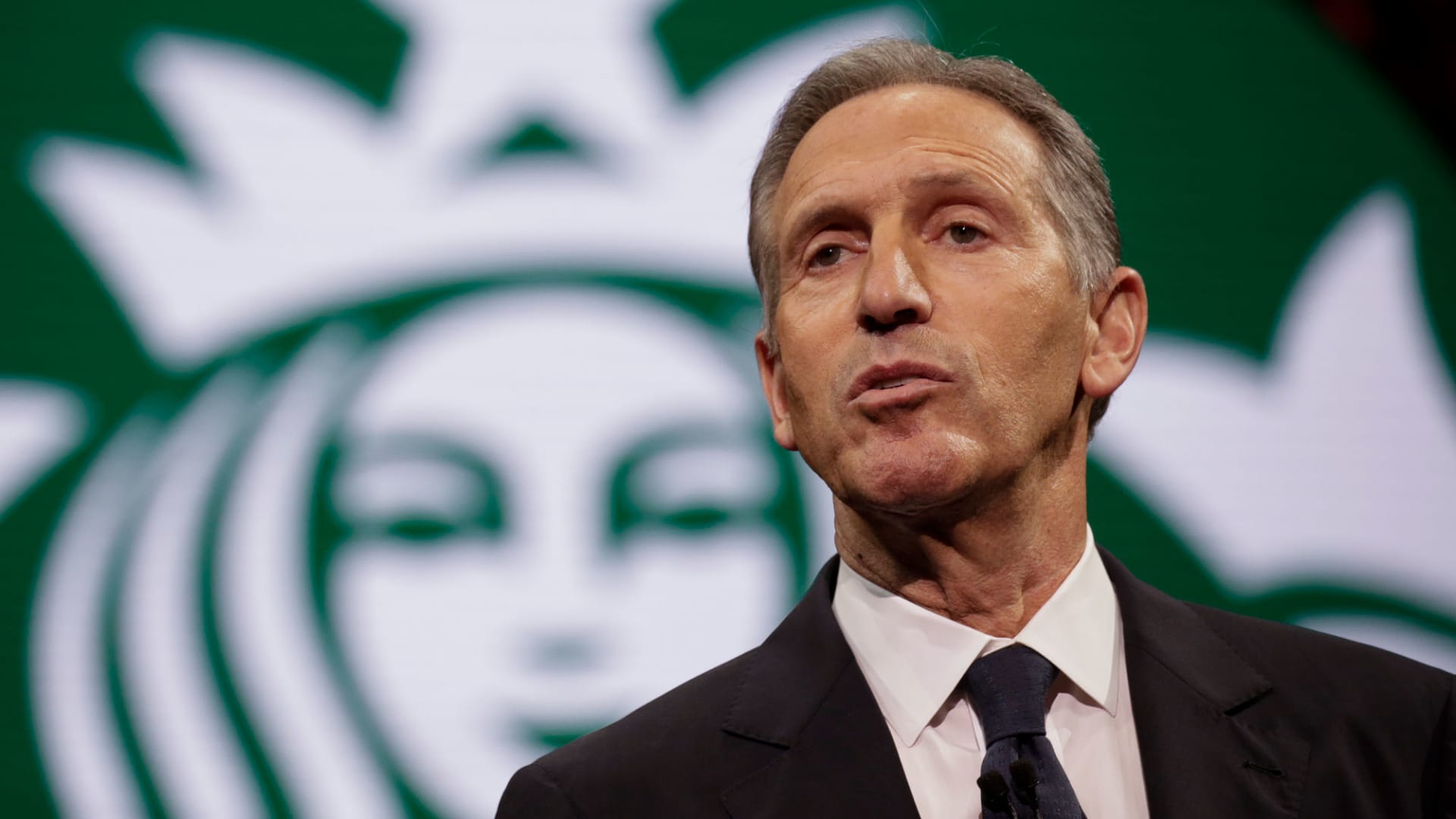Sen. Bernie Sanders calls vote on possible subpoena for Starbucks CEO Howard Schultz over allegations of union-busting

Starbucks Chairman and former CEO Howard Schultz
Jason Redmond | AFP | Getty Images
Sen. Bernie Sanders is making good on his threat of a subpoena for Starbucks CEO Howard Schultz on what Sanders has called union-busting activity at the company’s coffee shops.
Sanders said Wednesday that the Senate’s Health, Education, Labor and Pensions, or HELP, Committee will vote March 8 on whether to issue a subpoena for Schultz, who previously declined to appear in front of the committee.
Sanders said in a statement that Schultz has denied meeting and document requests and refused to answer questions from him and his fellow senators.
“Unfortunately, Mr. Schultz has given us no choice, but to subpoena him,” Sanders said in a statement.
Starbucks said it would keep talking to Sanders’ staffers about the hearing.
“This is a disappointing development, but we will continue our dialogue with Chairman Sanders’ staff and are optimistic that we’ll come to an appropriate resolution,” Starbucks spokesperson Andrew Trull said in a statement to CNBC.
The HELP committee originally scheduled a hearing for March 9 about the coffee chain’s handling of its baristas’ union push and invited Schultz to testify.
However, Starbucks general counsel Zabrina Jenkins wrote in a letter viewed by CNBC that since Schultz is stepping down as interim CEO in March, it makes more sense for another senior leader with ongoing responsibilities to testify. The company instead put forward Chief Public Affairs Officer AJ Jones II as the best person to address the committee.
In response, Sanders, who chairs the Senate committee, hinted that lawmakers could compel Schultz to appear by issuing a subpoena.
Schultz owns 1.9% of Starbucks’ shares, according to FactSet. The company’s market value stands at about $124.6 billion.
Nearly 290 company-owned Starbucks cafes in the U.S. have voted to unionize as of mid-February, according to a tally from the National Labor Relations Board. Schultz has pushed back aggressively against the union, and workers have accused the company of breaking federal labor law, leading to scrutiny from sympathetic lawmakers such as Sanders.
The allegations of union-busting have damaged Starbucks’ reputation as a progressive employer, although they don’t appear to have hurt the company’s U.S. sales. The chain reported U.S. same-store sales growth of 10% for its latest quarter, boosted by strong demand over the holiday season.
Article Courtesy of CNBC
